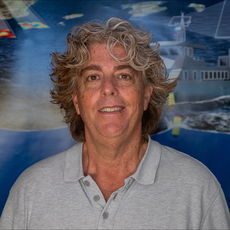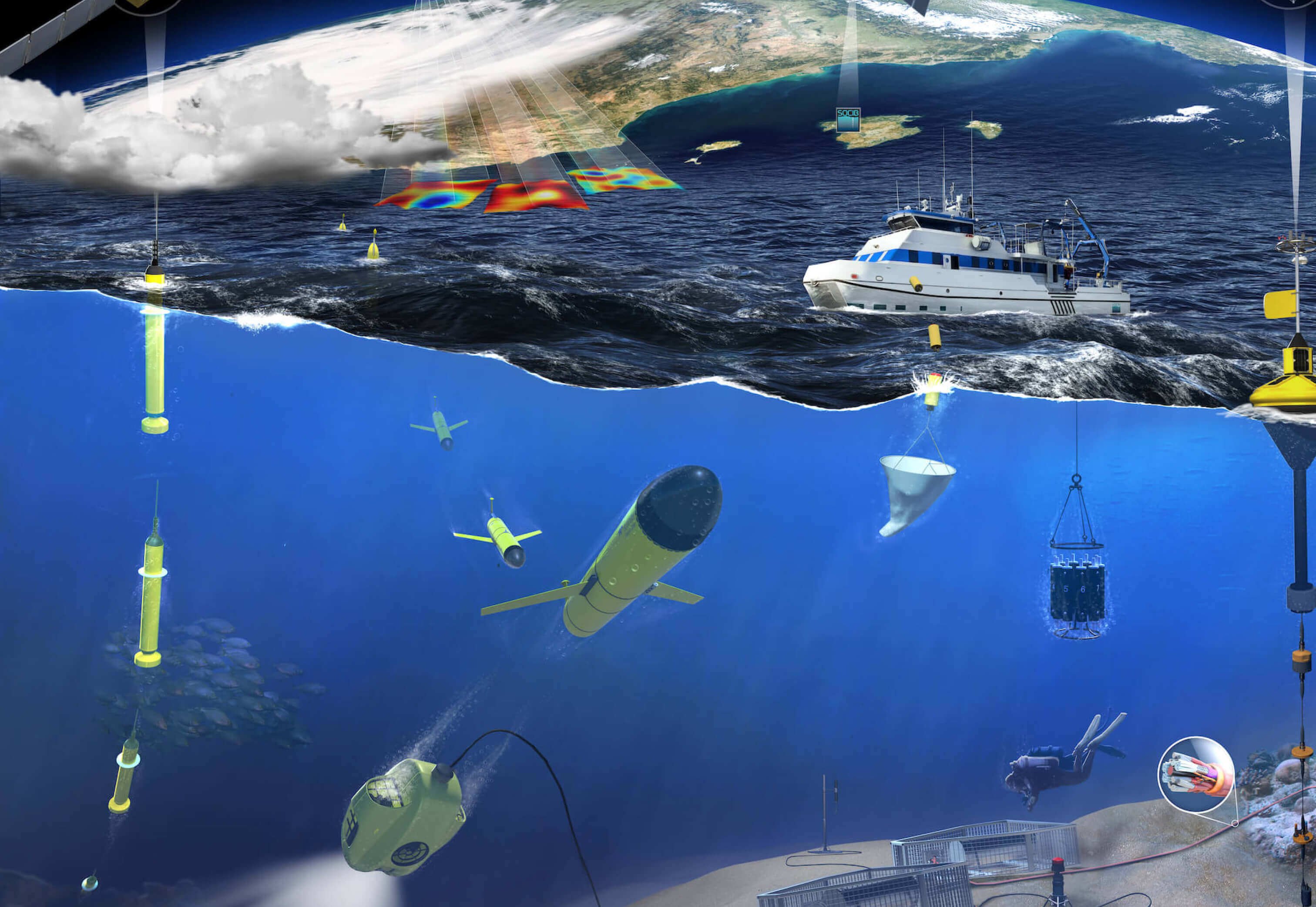“We are increasingly aware of how much we depend on the ocean to sustain life and our environmental, social, and economic well-being. Therefore, at the ICTS SOCIB, we use our capabilities in marine R&D&I to advance the knowledge of the ocean and the coast.
In the last decades, and thanks to new observing and monitoring technologies, our understanding of the ocean has brought us to an unprecedented position in history to achieve changes in the conservation of our seas and oceans.
The ICTS SOCIB was created in 2007 in the Balearic Islands to capitalize on this potential in marine science and technology through continuous monitoring of the Balearic Sea and the Western Mediterranean via a multi-platform observing and forecasting system. Over the years, we have brought together a unique group of professionals who use their talent, passion, and curiosity to provide services and develop cutting-edge, high-quality marine science and research, to promote knowledge about the Mediterranean Sea and the global ocean, as well as foster knowledge transfer and innovation.
Our challenge for the coming years is to contribute to the development of a regional Digital Twin in the Western Mediterranean, to support decision-making in the context of climate change.”
Dr. Joaquín Tintoré
Director of the ICTS SOCIB and research professor at the CSIC at the Mediterranean Institute for Advanced Studies IMEDEA (CSIC-UIB).







